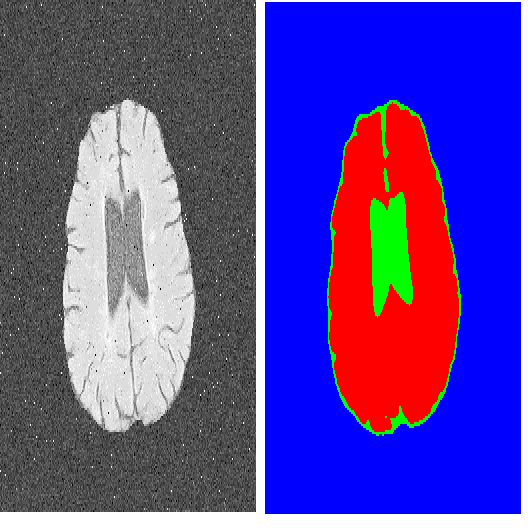While large models have achieved significant progress in computer vision, challenges such as optimization complexity, the intricacy of transformer architectures, computational constraints, and practical application demands highlight the importance of simpler model designs in medical image segmentation. This need is particularly pronounced in mobile medical devices, which require lightweight, deployable models with real-time performance. However, existing lightweight models often suffer from poor robustness across datasets, limiting their widespread adoption. To address these challenges, this paper introduces LV-UNet, a lightweight and vanilla model that leverages pre-trained MobileNetv3-Large backbones and incorporates fusible modules. LV-UNet employs an enhanced deep training strategy and switches to a deployment mode during inference by re-parametrization, significantly reducing parameter count and computational overhead. Experimental results on ISIC 2016, BUSI, CVC-ClinicDB, CVC-ColonDB, and Kvair-SEG datasets demonstrate a better trade-off between performance and the computational load. The code will be released at \url{https://github.com/juntaoJianggavin/LV-UNet}.
翻译:暂无翻译




